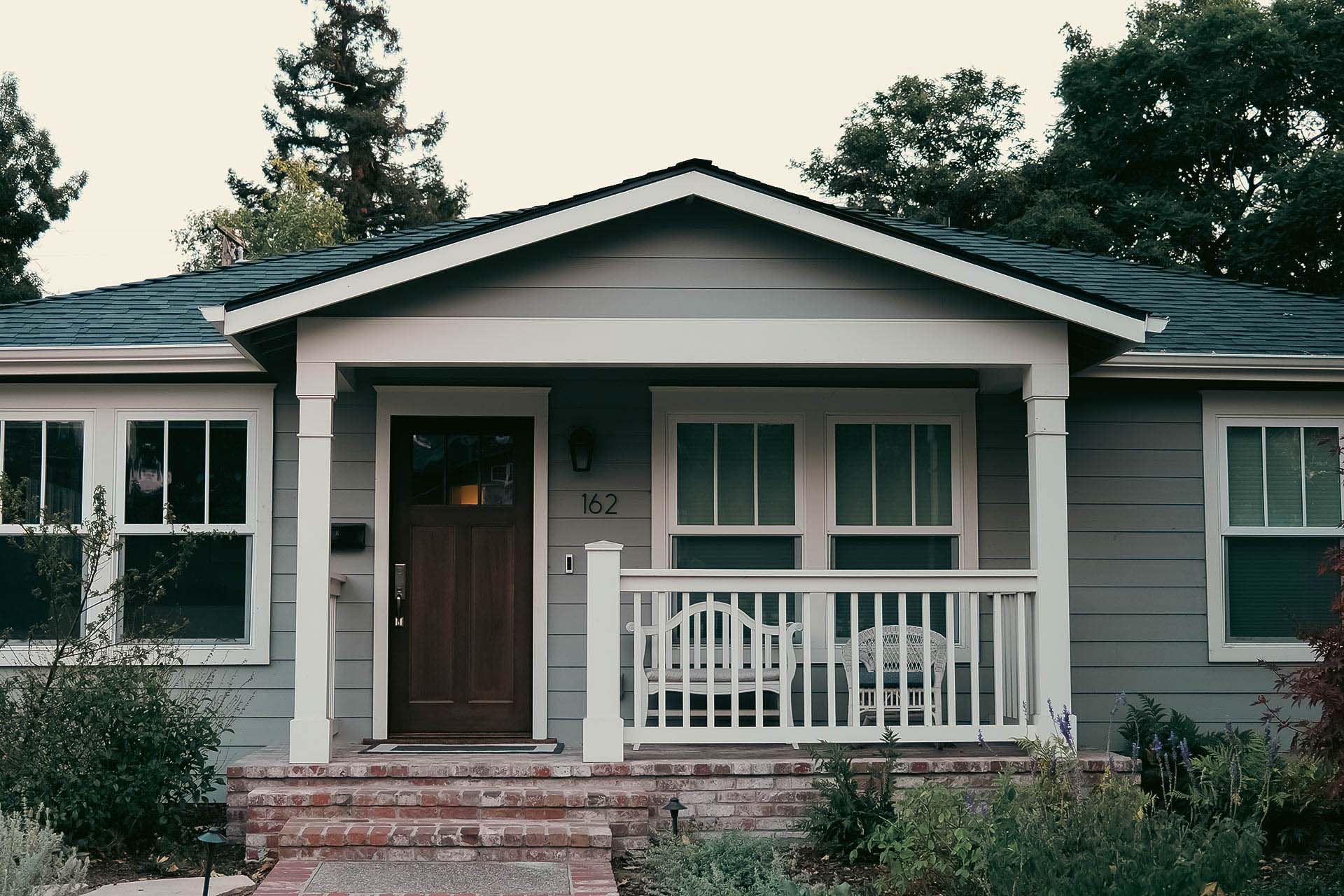Ourboro was pleased to partner with researchers from Conestoga College and the University of Waterloo to study Ontarians’ understanding of the various paths to homeownership. Our joint study explored their familiarity with non-traditional homeownership paths, their intent to buy a home, and the barriers in their way.
Here are some of our key findings:
20% of renters plan to buy a home in the next 12 months, but it’s likely that only 5% of them will be able to
Through this study, we found that renters tend to overestimate their ability to buy the home they want. In fact, when asked about their housing plans in the next 12 months, 20% of renters said they planned on purchasing a house or condominium. But when we compare that to historical data, it becomes clear that it’s unlikely they will all meet their goal.
According to Statistics Canada, from 2017 to 2022 approximately 23% of Ontario rental households purchased their first home. That works out to roughly 5% of renters becoming homeowners each year.
So, what’s getting in the way of the other 15% of renters that were planning on buying their first home?
45% of renters say that personal finances and saving enough for a down payment are the biggest barriers to homeownership
While it’s likely no surprise to anyone looking at real estate in Ontario, rising home prices mean that it’s becoming increasingly difficult to break into the market.
When we asked renters what challenges they face when it comes to homeownership, 45% said that personal finances and saving for a down payment were what stood in their way. The housing market followed at 19%.
Without receiving financial help from family, clearing these hurdles can feel impossible. Thankfully, new solutions, like co-ownership and shared equity, are on the rise. But do prospective homebuyers know about these options?
42% of people misunderstand how to use shared equity models to boost their down payment
Education around new options, like shared equity, need to be better understood before they’re welcomed by homebuyers. Our study found only 33% of respondents were familiar with the concept of shared equity, compared to 51% of respondents who were familiar with rent-to-own.
After a brief explanation of how shared equity models work, respondents were asked what questions they had about using this approach to homeownership. When reviewing the results, researchers found that 42% of respondents struggled to understand how shared equity models boost their down payment and help them buy their home sooner.
On its best day, the traditional home buying process can be confusing, so it’s easy to see why new options, like shared equity, are often misunderstood. And, as a culture, Canadians are known to be risk averse so new ideas take time to catch on.
But, in a market that’s becoming increasingly hostile to homebuyers, many are beginning to look past the standard set by previous generations and toward new options.
Buying your home is likely to be your largest financial investment. At Ourboro, we understand buyer’s hesitancy when exploring shared equity and co-ownership. That’s why we invest heavily into helping homebuyers feel confident in working with us, and helping them understand our model through videos, guides, and personalized onboardings.
Methodology
This study was conducted through an online panel company from February 2 to February 17, 2023. With a total sample size of 2086 individuals across Ontario, researchers asked both renters and homeowners about their experiences and intent when it comes to homeownership.
To learn more about the conducted survey’s content, methodology, and results, please contact info@ourboro.com.
Interested in seeing how much Ourboro may be able to contribute towards your down payment?
Learn how it works then get started and see how shared equity can help you buy the home you want, sooner.






